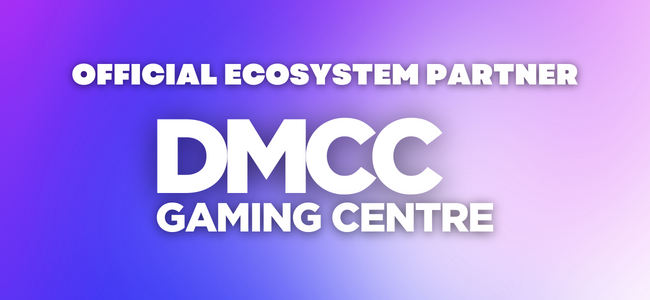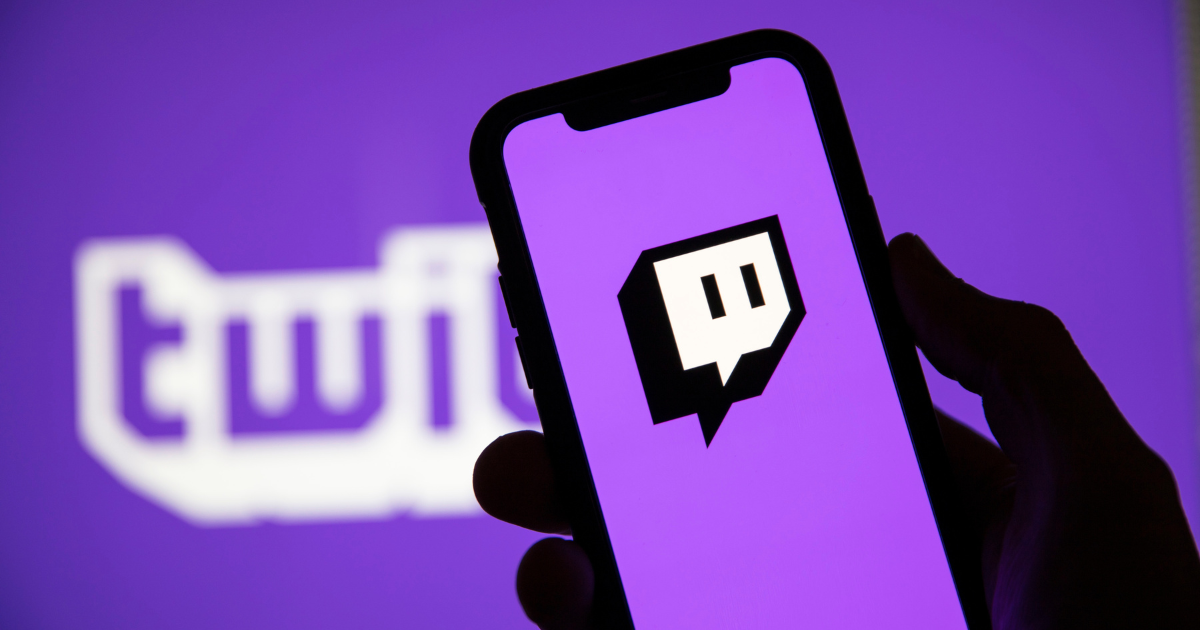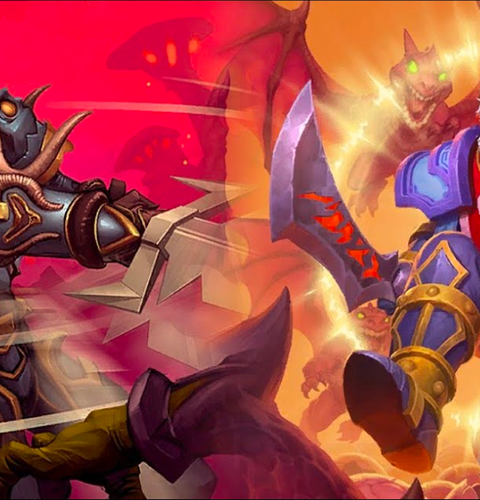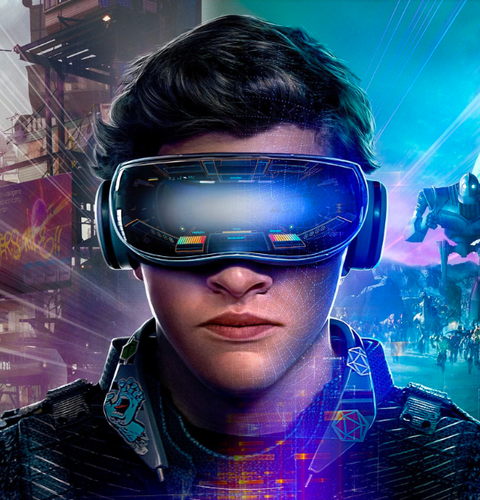In the evolving landscape of digital entertainment, few phenomena have had as profound an impact as game streaming platforms. Services like Twitch and YouTube Gaming have not only revolutionized how we consume video games but have also left an indelible mark on the industry itself. Let's dive into the rise of these platforms, the emergence of a new breed of celebrities, and their transformative effects on how video games are marketed and played.
The Rise of Game Streaming Platforms
Game streaming platforms started gaining traction in the early 2010s, driven by advancements in internet speeds and video streaming technology. Twitch, launched in 2011 as a spin-off from general-purpose streaming platform Justin.tv, rapidly gained popularity by providing gamers a dedicated platform to share live gameplay. YouTube Gaming followed in 2015, leveraging the strength of YouTube's existing user base and infrastructure.
These platforms tapped into a rising demand for interactive entertainment, offering viewers a unique blend of gameplay, community interaction, and real-time communication. It wasn't long before millions of viewers were tuning in daily to watch their favorite streamers.
The Birth of a New Breed of Celebrities
As the popularity of these platforms grew, so did the profiles of their top streamers. Twitch and YouTube Gaming have given birth to a new category of internet celebrities: the streamers, individuals who have built loyal fanbases and substantial careers through their unique blend of gameplay skill, entertaining commentary, and community interaction.
Streamers like Ninja, Shroud, and Pokimane have become household names, earning millions through subscriptions, donations, and brand partnerships. Their influence extends beyond their own channels, affecting game trends, and driving sales.
Changing the Game: Marketing and Gameplay Evolution
Game streaming platforms have fundamentally changed the ways games are marketed and played. Developers and publishers now see streamers as powerful influencers who can make or break a game's success. Launching a game with streamers in mind has become standard practice, with many companies partnering with streamers for early access streams or promotional events.
Moreover, the rise of streaming has influenced game design itself. Developers now actively consider streamability as a factor in design decisions. Games with high replay value, exciting moments for viewers, and opportunities for streamer-viewer interaction have become increasingly popular. This shift is evident in the surge of Battle Royale games like Fortnite and Apex Legends, which offer thrilling, streamable gameplay.
The effect of streaming platforms also extends to the competitive gaming scene. Esports events are now primarily broadcasted on Twitch and YouTube, reaching global audiences that traditional sports broadcasters could only dream of.
Looking to the Future
The rise of game streaming platforms has intertwined the fates of video games and live streaming in a mutually beneficial symbiosis. As virtual reality, cloud gaming, and other technologies mature, it's likely that Twitch, YouTube Gaming, and future platforms will continue to shape the industry in ways we can only imagine.
From shaping the careers of gaming influencers to changing how games are designed, marketed, and consumed, game streaming platforms have left an indelible mark on the industry. As we move forward, one thing is certain: game streaming will continue to play a crucial role in the evolution of the video game industry.










